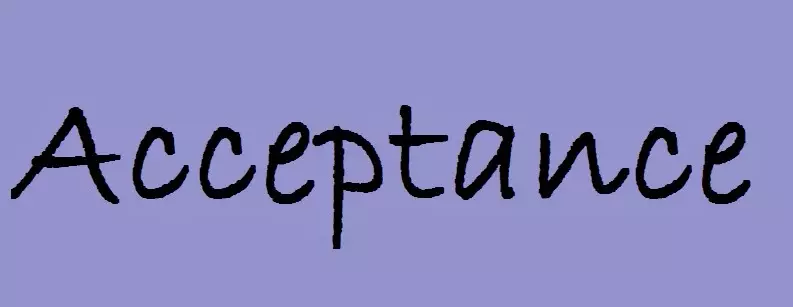Write a short note on Wagering Agreements.
In simple words, a wagering agreement is an agreement under which money or money worth is payable, by one person to another on the happening or non happening of some future uncertain event may take many forms in real life but the common features of a bet would be found in each form.
Essentials of Wagering Agreement.
Any agreement to be known as a wagering agreement should fulfill the following conditions:
Uncertain event. Wagering agreement depends upon an uncertain event. The performance of the agreement must depend upon the happening or non-happening of an uncertain event.
Mutual chances of gain or loss. In a wagering agreement each party should stand to win or lose upon the determination of the event. Mutual chances – of gain or loss are essential. Where only one party may gain and the other may lose, it cannot be Wager.
Neither party to have any control over the event. Neither of the parties should have control over the happening of the event. If either of the parties has the event in his hands, it is not a wager.
No other interest in the event. Neither party should have any other interest in the event .except winning or losing. If any of the parties has any other interest, the agreement is not a wagering agreement.
Effects of Wagering Agreement. Section 30 of the Indian Contract Act declares that ‘agreements by way of wager are void and no suit shall be brought for recovering anything alleged to be won on any wager, or entrusted to any person to abide by the result of any game or other uncertain event on which any wager is’ made.’
Keeping in view the provisions of Section 30, consequences of wagering agreement are:
Wagering agreements are absolutely void:So, the winner of a wager cannot recover the promised amount from the loser.
Wagering agreement not being illegal, it does not affect collateral transactions. Therefore, the collateral transactions are not void but valid and enforceable. So a money borrowed to take part in a wagering transaction is a collateral transaction and this money is repayable.
Exceptions (Transactions Held ‘Not to be Wagers’).
The following transactions have been held not to be wagers
Transactions for the purchase and sale of stocks and shares, or for the sale and delivery of goods, with a clear intention to give and take delivery of shares or goods as the case may be. But, if the intention is only to settle in price difference, the transaction is a wager and hence void.
Horse RacesAn agreement to contribute a plate or prize of the value of 500 or more to the winner of any horse race is not void.
Price competitions which involve the application of skill and where an effort is made to select the best and most skillful competitor are not wagers. But where prizes depend upon a chan6e, it is a lottery and therefore void.
Contracts of Insurance and Wagering Agreements: Although there are many similarities between a wagering agreement and a contract of insurance,
contracts of insurance are notvoid. Contract of insurance differ from the Wagering agreements in the following aspects:
In a wager the parties have no interest except winning or losing. But in contracts of insurance the contract is to protect the insurable interest.
Wagering agreement is a contract to pay a specified sum to the winner whereas contract of insurance is a contract of indemnity. Only the loss is made good. But, life insurance contracts are not contracts of indemnity.
The amount to be paid to the winner is fixed in case of wagering agreement. But in case of insurance (except life insurance) the contract is to pay the amount of loss which cannot be settled in advance.
Contracts of insurance are regarded as beneficial to the public and are, therefore, encouraged. Wagering agreements, on the other hand, are considered to be against public policy.





